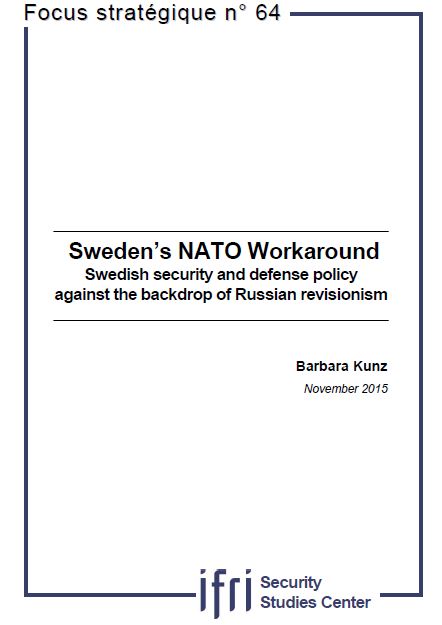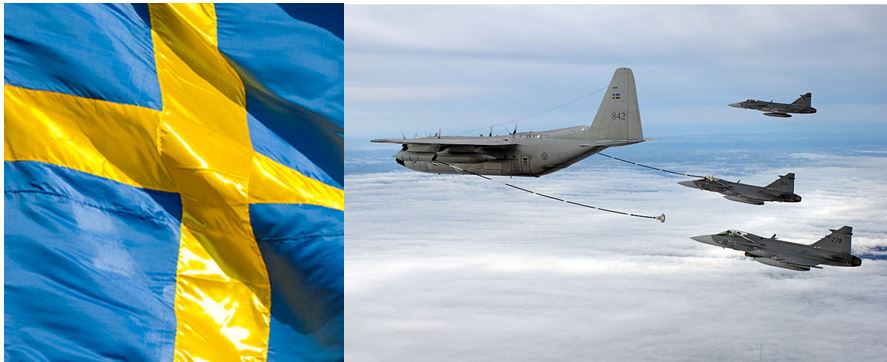Sweden's Nato Workaround: Swedish security and defense policy against the backdrop of Russian revisionism

Russia’s revisionist foreign policy and military build-up has considerable security implications for the Baltic Sea region, including for Sweden.

This is also the official perception in Stockholm. Abandoning military non-alignment is yet not on the agenda. Rather, the current Swedish government is addressing the issue through what has come to be labeled the “Hultqvist doctrine” after Swedish minister of defense Peter Hultqvist: on the one hand, boosting national defense capabilities while seeking broader and deeper international defense cooperation short of collective defense on the other. In light of current developments in the Baltic Sea region and beyond, the debate on Sweden’s strategic posture and its position within the European security architecture is also relevant beyond the country’s border. After decades of important financial cuts and reforms aimed at exclusively orienting the Swedish Armed Forces toward expeditionary operations, the task yet proves difficult. Likewise, the NATO issue remains extremely sensitive in the political debate – in particular for the social democrats in power.
Download the full analysis
This page contains only a summary of our work. If you would like to have access to all the information from our research on the subject, you can download the full version in PDF format.
Sweden's Nato Workaround: Swedish security and defense policy against the backdrop of Russian revisionism
Related centers and programs
Discover our other research centers and programsFind out more
Discover all our analysesThe Franco-German Brigade and the Revival of European Defense
One thing has been clear since Donald Trump's return to the White House: the very existence of the European unification project is threatened. Unless it develops a sovereign defense policy to counter the war in Ukraine and the weakening of American security guarantees, the European Union will continue to see its internal cohesion and external attractiveness wane.
Taking the Pulse: Can Europeans Build Their Independent Extended Nuclear Deterrent?
Confronted with a U.S. disengagement and the Russian threat, Europeans are reconsidering their stance on nuclear deterrence. Given the capabilities of the French and British arsenals, can Europe develop an independent nuclear deterrent?

RAMSES 2024. A World to Be Remade
For its 42nd edition, RAMSES 2024 identifies three major challenges for 2024.
A Transatlantic Defense Industrial Base? Two Contrasting Views
The evolving landscape of global defense cooperation has brought the transatlantic relationship between the United States (US) and Europe into sharp focus. As geopolitical tensions rise and the threat environment becomes more complex, the question of how Europe can best ensure its security while navigating its relationship with the United States has become paramount. This double feature report offers two contrasting views on the dynamics of US-Europe defense industrial relations, highlighting the challenges and opportunities that lie ahead for both parties.












